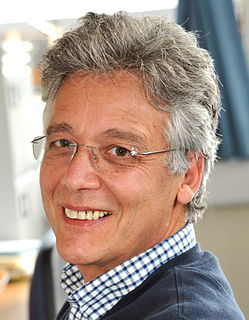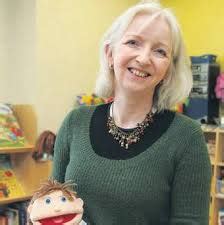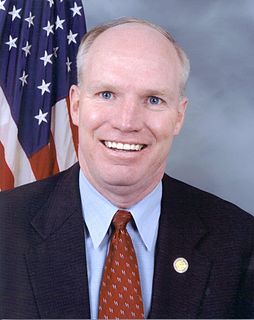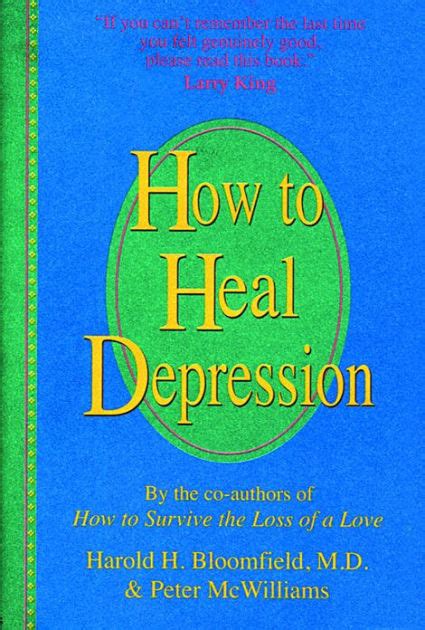A Quote by David D. Burns
Although no one treatment will ever be a panacea, research studies indicate that cognitive therapy can be helpful for a variety of disorders in addition to depression.
Related Quotes
Treatment Plans and Interventions for Depression and Anxiety Disorders provides clinicians with essential guidelines to treat patients in the era of managed care. Seven psychiatric disorders are described and conceptualized in cognitive-behavioral terms. The authors then provided an unusually clear, reader-friendly description of how to assess and treat each disorder with illustrative case examples, and patient forms and handouts. It should prove very useful for clinicians or clinicians-in-training who want to learn how to conduct short-term treatment through an empirically validated approach.
The pack includes analysis and summary forms as well as very explicit links between assessment and individualised intervention...these materials are often lacking in published therapy programmes and are especially helpful...the pack provides very clear guidelines...overall it will be a very significant addition to speech and language therapy practice.
It is not a sudden leap from sick to well. It is a slow, strange meander from sick to mostly well. The misconception that eating disorders are a medical disease in the traditional sense is not helpful here. There is no 'cure'. A pill will not fix it, though it may help. Ditto therapy, ditto food, ditto endless support from family and friends. You fix it yourself. It is the hardest thing that I have ever done, and I found myself stronger for doing it. Much stronger.
Suicide rates have not slumped under the onslaught of antidepressants, mood-stabilizers, anxiolytic and anti-psychotic drugs; the jump in suicide rates suggests that the opposite is true. In some cases, suicide risk skyrockets once treatment begins (the patient may feel not only penalized for a justifiable reaction, but permanently stigmatized as malfunctioning). Studies show that self-loathing sharply decreases only in the course of cognitive-behavioral treatment.
The cognitive therapy that takes place in the film Antichrist is a form of therapy that I have used for some time, and it has to do with confronting your fears. I would say that especially the part of the film that has to do with therapy is humoristic because people who know about this form of therapy would know that the character is more than a fool.





































